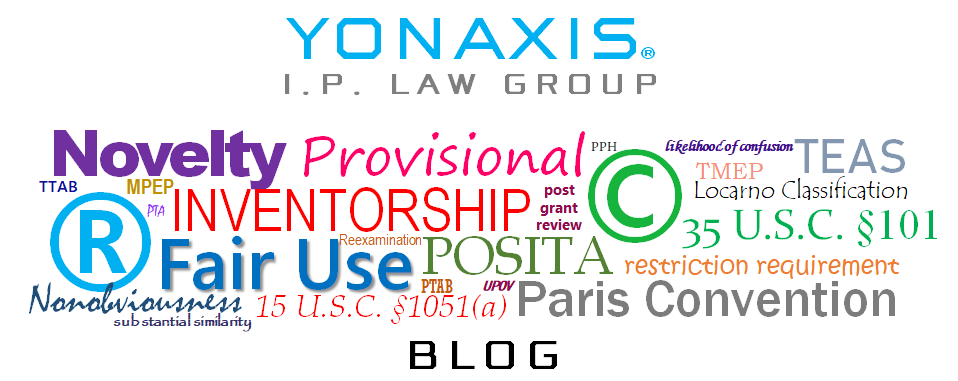On June 15, 2018, an expanded panel of the Court of Appeals for the Federal Circuit denied petitions for rehearing and rehearing en banc in a per curiam order. This case is Xitronix Corp. v. KLA-Tencor Corp.,[1] and the enlarged panel was composed of Chief Judge Prost, and Judges Newman, Lourie, Mayer, Dyk, Moore, O’Malley, Reyna, Wallach, Taranto, Chen, Hughes, and Stoll. All but Judges Newman and Lourie signed onto the order; Judges Newman and Lourie dissented, but only Judge Newman filed her own dissenting opinion.
The case raises interesting cross-topic issues when a patent lawsuit claim implicates a non-patent law, namely, antitrust law. The original Fed Circuit panel, composed of Judges Moore, Mayer, and Hughes, determined that alleged acts of fraud and false statements were “not unique to patent law.”[2] As such, the case was dismissed for lack of jurisdiction and removed back to the Fifth Circuit.
Petitioner KLA-Tencor Corp. had argued that the original panel’s decision, which we wrote about earlier on this blog, regarding the Walker Process claim asserted against it by Xitronix Corp. could be heard before the Fed Circuit. A Walker Process claim is a federal claim under the Sherman Antitrust Act (15 U.S.C. §2) and the Clayton Act (§§4 and 6) based on alleged fraudulent prosecution of a patent, its enforcement of which may be a federal antitrust violation.[3] Xitronix had asserted that KLA-Tencor fraudulently prosecuted and obtained U.S. Patent No. 8,817,260 that had identical or broader claims than its U.S. Patent No. 7,362,441.
Judge Newman wrote that she dissented because the importance of this case touches on the very judicial organization of patent litigation, and there is a need for consistency in adjudication of patent law in the U.S. She noted:
Until today, there has been stability in the jurisdictional path of Walker Process appeals. No precedent deprives the Federal Circuit of jurisdiction of appeals that turn on issues of fraud or inequitable conduct in patent prosecution. These issues are not only substantial, but because they determine patent enforceability and validity, they are fundamental.
To summarize why en banc review of this panel decision is appropriate and necessary:
1) The panel, at its own initiative, raised the question of our jurisdiction of Walker Process appeals. Although supplemental briefing was requested of the parties, the ramifications of this jurisdictional change were not exposed in public debate.
2) Precedent is contrary to the panel’s rejection of this appeal. Neither Gunn[4] nor any other precedent supports the panel’s ruling that claims turning on patent invalidity and unenforceability due to fraud or inequitable conduct in patent prosecution do not “arise under” the patent law.
3) The reason for formation of the Federal Circuit as a national court was to stabilize the patent law and provide uniformity throughout the nation. Patent prosecution is a complex and specialized interaction between inventors and examiners. This ruling will require each regional circuit to review patent prosecution in the PTO, creating regional precedent and forum-shopping.
4) Appellate review of cases that arise under the patent law is our assignment and our obligation. The Supreme Court did not silently divest this court of the jurisdiction that was established in 1982.
If the court now wishes to remove itself from jurisdiction of cases that may involve issues in addition to patent issues, we should make this change en banc. From the court’s denial of en banc rehearing, I respectfully dissent.[5]
Judge Newman makes a convincing argument for reviewing Walker Process claims. The cross-topic nature of this case is probably a good candidate for a petition for writ of certiorari before the U.S. Supreme Court. We will continue to follow any developments and report in this blog.
[1] ___F.3d___ (Fed. Cir. 2018) (slip op.) (Xitronix II), denying rehearing en banc, 882 F.3d 1075 (Fed. Cir. 2018) (Xitronix I), aff’g Case No. A-14-CA-01113-SS (W.D. Tex. Aug. 26, 2016).
[2] See Xitronix I, 882 F.3d at 1077.
[3] See Walker Process Equipment, Inc. v. Food Machinery & Chemical Corp., 382 U.S. 172, 176-77 (1965).
[4] The U.S. Supreme Court held that a state law claim alleging legal malpractice in the handling of a patent case does not arise under federal patent law for purposes of exclusive jurisdiction under 28 U.S.C. §1338(a). See Xitronix I, 882 F.3d at 1077; Gunn v. Minton, 568 U.S. 251, 258, 133 S. Ct. 1059 (2013).
[5] Xitronix II, supra (slip op. at 14-15) (Newman, J., dissenting).
